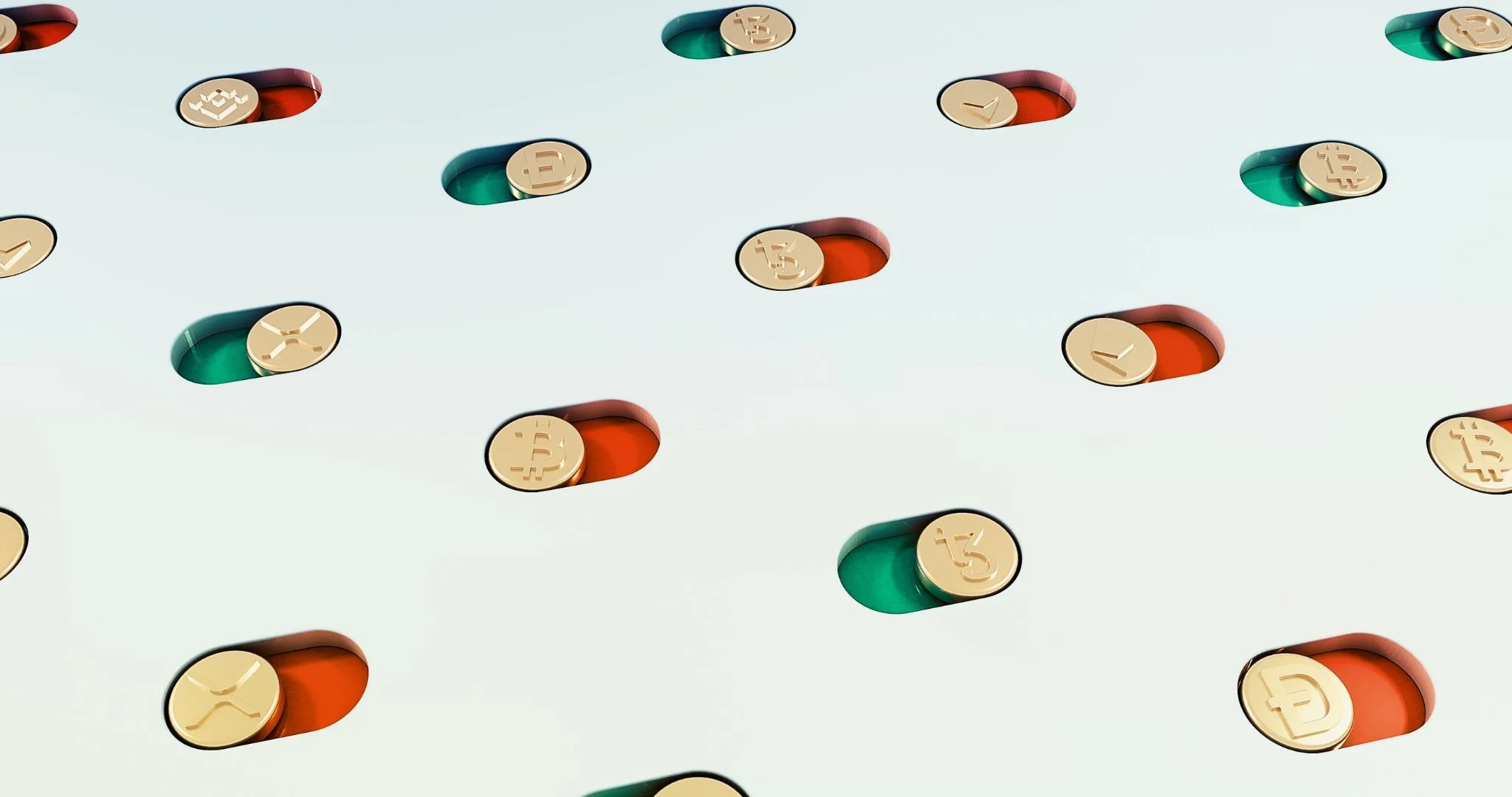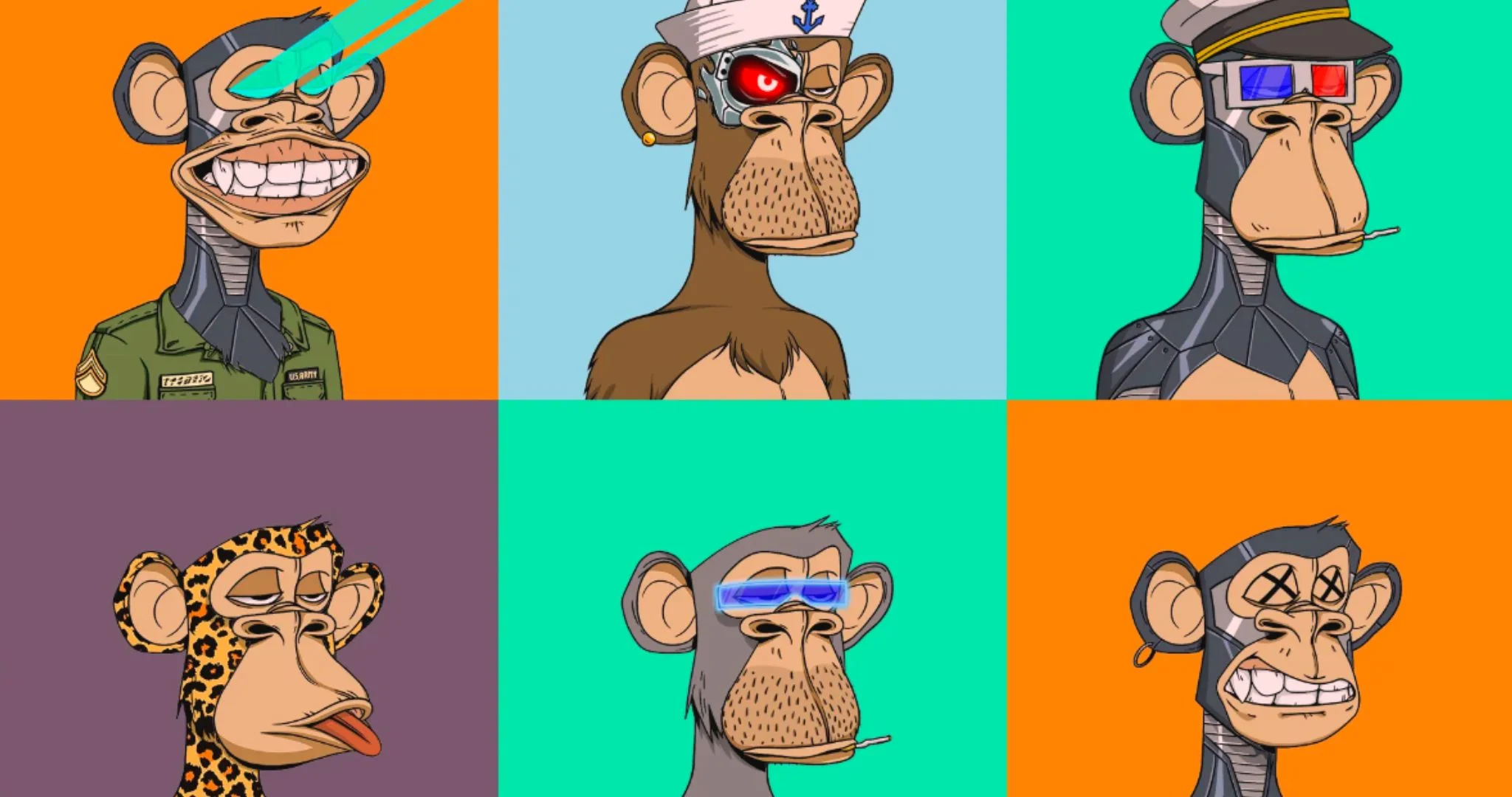Back to Blog
Rare NFTs: A Quick Guide to Ranking Web3 Rarity

Eric Esposito
Mar 10th, 2023
.5 min read

In 2022, investor Deepak Thapliyal shocked the NFT market when he spent $23.7 million on the alien CryptoPunk #5822.
CryptoPunks NFTs aren't cheap, but Thapliyal's purchase far exceeded the floor price of roughly $200,000. Why was he willing to pay so much? In a word: rarity. Only 9 of the 10,000 CryptoPunks NFTs are aliens. Rare NFTs, like alien CryptoPunks, have higher odds of trading for stratospheric sums.
Although rarity isn't the only factor influencing an NFT's price, it's an essential consideration for collectors. People diving into the NFT market should know how to use NFT rarity tools to their advantage.
How to find rare NFTs: An intro to NFT scarcity and rarity scores
Rarity in the NFT space is closely related to scarcity. Like physical collectibles, NFTs with scarce attributes are inherently more valuable. While that doesn't mean every rare NFT is worth millions, scarce NFTs typically score better in terms of "rarity rankings."
Every NFT market has different ways of evaluating rarity scores, but most focus on the traits within an NFT collection. As an example, only 46 Bored Ape NFTs have gold fur. Since gold is the rarest fur color in the Bored Ape Yacht Club (BAYC), it dramatically improves an NFT's rarity score versus the other 9,954 NFTs in the BAYC collection. Unsurprisingly, some of the top-selling Bored Ape NFTs have gold fur.
Although rarity is often associated with an NFT's traits, it may include other VIP perks linked to a digital asset. For instance, an NFT that doubles as an access pass to a private URL has a higher value in the NFT market. So, even though NFT rarity tools focus on traits and attributes, collectors should consider any unique benefits their digital collectibles offer.
How to find rare NFTs on OpenSea
Most NFT markets have tools to help users evaluate the rarity of different NFT collections. Since OpenSea is the largest NFT marketplace, it has a vast pool of historical price data NFT traders often take advantage of. However, competing sites like Magic Eden, LooksRare, and Rarible also have simple ways to filter NFTs for traits.
For example, if you go to OpenSea's page for the Mutant Ape Yacht Club (MAYC), you'll find an "Attributes" tab on the left. Click on any category (like hat, fur, or clothes) to see different traits and the corresponding number of NFTs with each attribute. You can also search for the "Highest Last Sale" or research the "Analytics" tab to find which NFTs are selling for above-average prices. Although the rarest NFTs aren't always the most expensive, there’s usually a strong connection between rarity and price. Notably, this is just the beginning of Opensea's interactive features.
Also, remember you can use your NFT.com Profile to scan NFT collections across multiple marketplaces. With an NFT.com Profile, it’s possible to compare data on OpenSea with competitors like LooksRare and X2Y2 to get a comprehensive overview of NFT rarity scores.
NFT rarity tools: What they are, and how to use them
Marketplaces like OpenSea have a lot of info on NFT attributes, but some websites are solely dedicated to analyzing NFT rarity scores. Each of these "NFT rarity tools" uses a different algorithm to examine all the possible traits in an NFT collection and figure out how scarce each NFT is. Typically, NFT rarity tools assign simple-to-understand rankings in a list format for every NFT in a collection. Users can also analyze different traits or inspect specific NFTs and see why they're more or less rare.
As the NFT market grows, there has been an explosion of free NFT tools online. Here's a sampling of a few highly-rated NFT rarity scanners:
Icy.Tools
Rarity Sniper
Rarity.tools
dApp Radar
CryptoSlam
NFT rarity FAQs
How do you check an NFT's rarity score?
The most convenient way to check an NFT's ranking is to search for a collection on a reputable NFT rarity tool. Since each of these sites uses different metrics to gauge an NFT's rarity, you may find slight ranking variations between websites. However, after reviewing your target collection in multiple rarity tools, you should get a sense of where different tokens stand in terms of scarcity.
If you can't find your specific collection on NFT rarity tools, you can always research attributes on NFT marketplaces, or with an NFT.com Profile. NFT projects may also list all the traits for their NFT artworks on an official website or social media feeds.
Are rare NFTs always expensive?
Rarity influences an NFT's price, but it isn't always the most significant feature. Sometimes collectors are willing to pay extra for a "common" NFT they happen to like. By contrast, scarce NFTs in obscure collections may trade for low prices. Although a higher rarity ranking usually correlates with a higher price tag, collectors need to remember there are many other factors (e.g., VIP perks, brand associations, or aesthetic qualities) affecting NFT valuations.
What's the best NFT rarity tool?
Every NFT fan has their personal favorite rarity tool, so new collectors should test a few websites to find one they like. Start with well-known sites like Rarity.tools, Rarity Sniper, and Icy.tools to get a feel for reviewing these tokens. You can also set up an NFT.com Profile to analyze data from the hottest NFT markets.
As a tip, it's best to use multiple NFT rarity tools to get accurate info into a collection’s scores. Each NFT rarity tool uses different criteria to determine the rank for different NFTs. Therefore, the more NFT tools you use to analyze a collection, the better sense you'll have of which NFTs score well.
How to find rare NFTs for cheap
Buying a "hidden gem" NFT is a dream for many crypto enthusiasts, but finding rare NFTs for low prices isn't easy. To find rare NFTs for cheap, you should pay attention to the latest crypto trends and new NFT projects launching in the crypto space. In addition to scanning major NFT markets, it helps to follow NFT news on social media sites like Twitter, Telegram, and Discord. If you find an under-the-radar NFT collection you believe in, get involved in the community to raise your chances of getting on an NFT whitelist. Whitelist mintings won’t guarantee you'll get a rare NFT, but it's a tried-and-true strategy to break into new and promising collections.
Just remember to take extra precautions when exploring lesser-known projects in the NFT space. Be sure to review our "Eight Tips To Stay Safe in Web3" to avoid NFT scams.
Factor rarity into your NFT strategy
Rarity isn't the most important feature for every NFT collector, but it significantly impacts the value of these cryptocurrencies. Even if you're not interested in grabbing the rarest NFTs, it's worthwhile using a few NFT rarity tools to analyze each digital collectible. The more you know about an NFT's rarity ranking, the easier it is to choose a price at which you're comfortable buying or selling it.
Related Posts

What Is an NFT Marketplace? A Must-Read Guide on OpenSea, Blur, and More
As a major epicenter for Web3 activity, NFT marketplaces are the future of ...

Brad Bergan
Mar 9th, 2023

What Is a Bored Ape? A Guide to the Iconic BAYC NFTs
The Bored Ape NFT collection is making Yuga Labs a Web3 empire. Here’s ever...

Nick Fouriezos
Mar 8th, 2023

What Are NFTs? A Quick Guide to the Non-Fungible World
NFTs are transforming nearly every modern industry. It's time to get in the...

Brad Bergan
Mar 7th, 2023